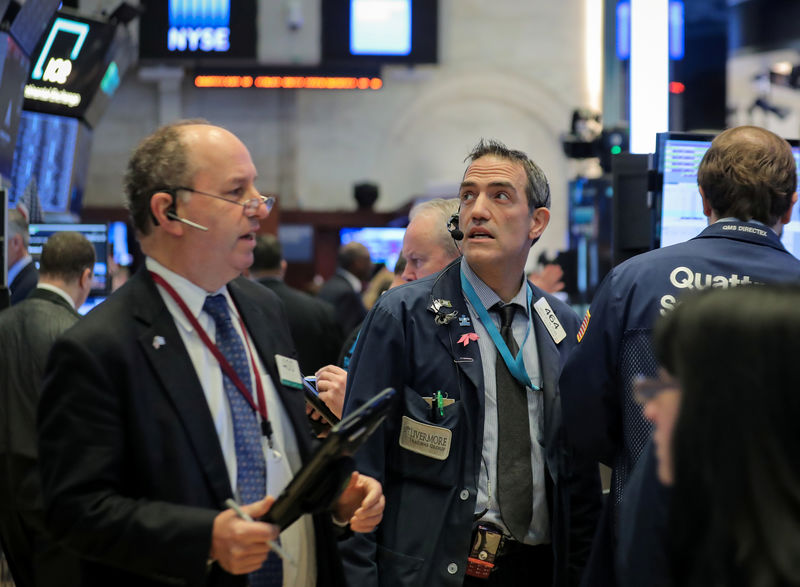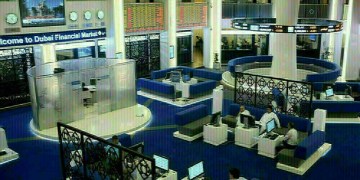 © Reuters. Traders work on the floor of the NYSE in New York
© Reuters. Traders work on the floor of the NYSE in New YorkBy Noel Randewich
SAN FRANCISCO (Reuters) – Wall Street’s most widely followed benchmark of small-cap stocks tumbled into a bear market on Monday as investors grew more worried about slower profit growth and rising interest rates.
The Russell 2000 Index () fell 2.32 percent for the day to its lowest level since August 2017. It is now down more than 21 percent from its Aug. 31 record high close. A drop of 20 percent or more from a record or long-standing high closing level is the typical definition of a bear market.
The Russell 2000’s descent into a bear market follows the S&P 600 (), another small cap index, which on Friday closed down 20 percent from its August high. On Monday, the S&P 600 lost another 2.34 percent.
Concerns about the pace of interest rate hikes by the U.S. Federal Reserve have hurt stocks in general, and particularly small caps, which often carry higher debt loads than larger companies.
Small-cap companies also often rely on debt funding via bank loans with adjustable rates instead of through fixed-rate bonds sold through capital markets, making them more sensitive in the short term to rising interest rates.
“Relative to large caps, they do have less access to credit, so when conditions start to tighten, they’re going to feel it more than a major company like Apple (O:), which can raise capital just about anywhere. So you’ll see small caps respond more violently to any credit deterioration,” said Jack Ablin, chief investment officer at Cresset Wealth Advisors in Chicago.
Within the S&P 600, the 100 stocks that have fallen most from their 52-week highs have a median debt-to-equity ratio of 81, compared with a ratio of 32 for the best performing stocks in the index, according to Refinitiv data.
The widely used ratio is one measure of a company’s financial health, showing how much it relies on debt.
The S&P 500 (), the closely watched benchmark of the United States’ largest companies, is down almost 14 percent from its Sept. 20 record high.
Adding to investors’ concerns about interest rates, strong U.S. corporate profit growth that fueled the stock market in 2018 is set in January to taper off as deep tax cuts enacted by President Donald Trump become a year old.
An ongoing trade conflict between the United States and China also continues to weigh on the stock market.
S&P 500 companies on average are expected to increase their earnings per share by 7.9 percent next year compared with 23.8 percent growth in 2018, according to I/B/E/S data from Refinitiv.
Fusion Media or anyone involved with Fusion Media will not accept any liability for loss or damage as a result of reliance on the information including data, quotes, charts and buy/sell signals contained within this website. Please be fully informed regarding the risks and costs associated with trading the financial markets, it is one of the riskiest investment forms possible.
Source: Investing.com





























